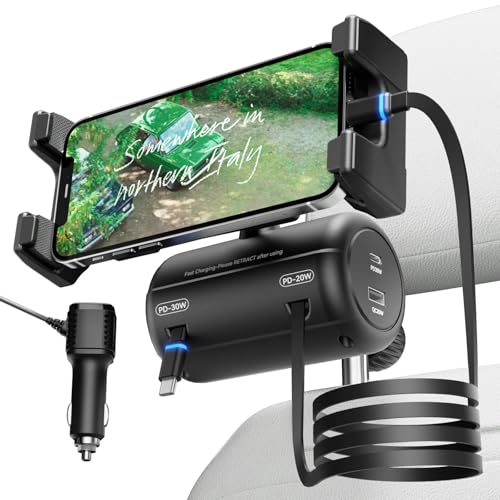When our local town was considering installing public charging stations, one of the first things I did was point out that there were FIVE customer groups for the EVSEs that they should consider:
1. Local EV/NEV driver with short range who NEEDS to charge to get home.
2. Local EV commuter who takes family out for shopping/dinner in town after work and has a follow-on appointment and NEEDS to charge while in town.
3. Long-distance driver on a nearby Interstate who NEEDS to stop and charge, and, e.g., has a meal while waiting.
4. Long-distance driver for whom the town is a destination; e.g., a meeting. This person NEEDS to charge.
5. Employees of businesses within the town who are EV commuters and NEED to charge to get home.
Well, I've now come up with a sixth Customer:
6. A local resident coming home from a long trip and running on 'empty' and NEEDS to charge in order to get home.
This has now happened twice to me coming back from SFO and the East Bay because I was not able to charge there when I started the return trip. From town it is another five miles uphill for me to get home and even though I was perfectly-timed and still had two bars remaining and probably could have made it before turtle, I elected to top up before going home. Restaurants in town were the beneficiaries.
Happily, this town (Los Altos which currently charges $1/hr) is not in the predicament (yet) of Palo Alto (free charging) or the airports (free charging but pay for parking) where plug-in hybrids (Volt, Plug-In Prius, Ford Energi, etc.) which DO NOT NEED to charge have been hogging the EVSEs, leaving those of us with pure BEVs in somewhat of a quandary...
1. Local EV/NEV driver with short range who NEEDS to charge to get home.
2. Local EV commuter who takes family out for shopping/dinner in town after work and has a follow-on appointment and NEEDS to charge while in town.
3. Long-distance driver on a nearby Interstate who NEEDS to stop and charge, and, e.g., has a meal while waiting.
4. Long-distance driver for whom the town is a destination; e.g., a meeting. This person NEEDS to charge.
5. Employees of businesses within the town who are EV commuters and NEED to charge to get home.
Well, I've now come up with a sixth Customer:
6. A local resident coming home from a long trip and running on 'empty' and NEEDS to charge in order to get home.
This has now happened twice to me coming back from SFO and the East Bay because I was not able to charge there when I started the return trip. From town it is another five miles uphill for me to get home and even though I was perfectly-timed and still had two bars remaining and probably could have made it before turtle, I elected to top up before going home. Restaurants in town were the beneficiaries.
Happily, this town (Los Altos which currently charges $1/hr) is not in the predicament (yet) of Palo Alto (free charging) or the airports (free charging but pay for parking) where plug-in hybrids (Volt, Plug-In Prius, Ford Energi, etc.) which DO NOT NEED to charge have been hogging the EVSEs, leaving those of us with pure BEVs in somewhat of a quandary...

































